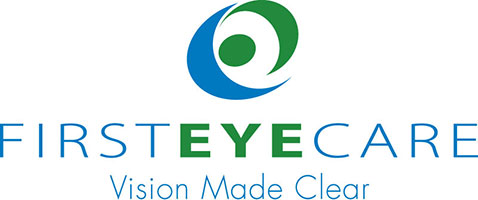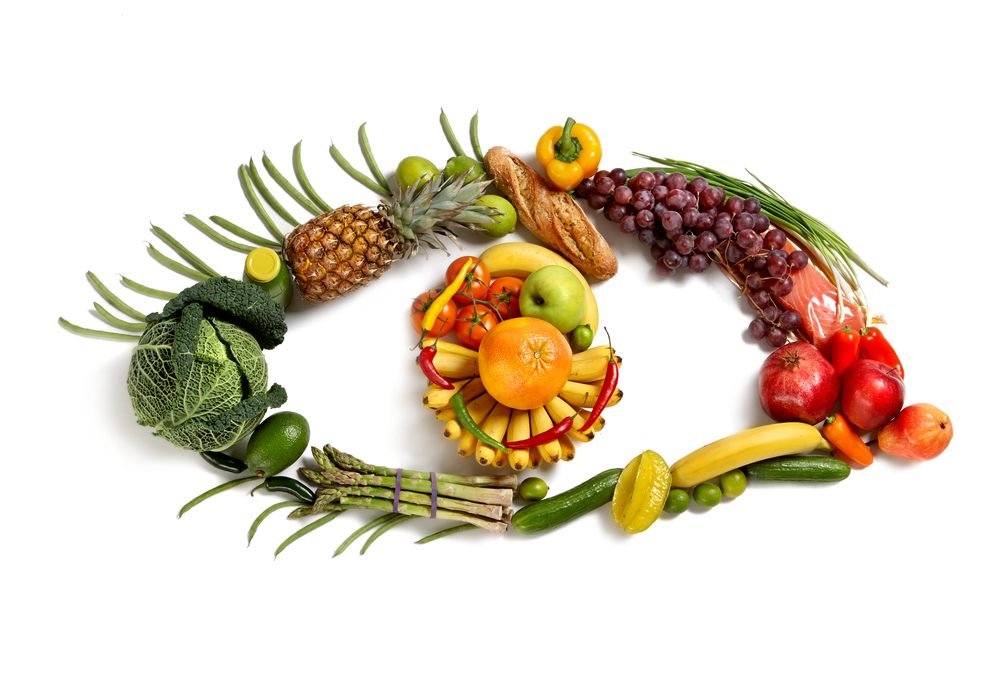There are more than 600 different types of carotenoids
Chances are you’ve been told a time or two that eating carrots is good for your vision, but is there any science behind this?
Yes! Carotenoids are specific pigments that give various fruits and vegetables their bright, eye-catching colors. Think deep reds and oranges, vibrant yellows, and vivid greens. Not only are these pigments beautiful, but they are full of antioxidants, minerals, and properties that help fight cancer and other conditions.
It’s no secret that eye health is important to us here at First Eye Care DFW, which is why we strive to educate our patients so they can make the right decisions for their vision. Today we are going to take a more in-depth look at carotenoids, including what some examples of them are and how they work to support your vision long-term.
What Are Carotenoids?
Carotenoids are phytonutrients that are responsible for the pigmentation of many different vegetables, plants, and algae. For humans, carotenoids act as a type of antioxidant responsible for supporting the body and keeping it healthy.
Carotenoids are commonly found in the following foods:
- Carrots
- Squash
- Sweet potatoes
- Grapefruit
- Apricot
- Kale
- Spinach
- Watermelon
- Bell peppers
- Tomatoes
- Cantaloupe
- Mangoes
- Oranges
While there are more than 600 different types of carotenoids, a handful are more useful to the body than others. The most common carotenoids include the following:
- Alpha carotene
- Beta carotene
- Beta cryptoxanthin
- Lutein
- Zeaxanthin
- Lycopene
What is the science behind carotenoids?
Before we can look at how carotenoids benefit your vision, it is important we understand the science behind them. They are fat-soluble compounds that should be absorbed with fat in order to get the most nutrients out of them.
Many people do not realize this, but chopping and cooking foods that are rich in carotenoids actually makes them more nutritious and easy for the body to take in.
What is the function of carotenoids?
When acting like antioxidants, carotenoids can be converted into vitamin A, which is an important supplement for your vision.
How Carotenoids Benefits Your Vision
Two of the type of carotenoids mentioned earlier (lutein and zeaxanthin) benefit the eyes because they actually filter high-energy blue wavelengths of light that may be harmful to the eyes. In doing so, they work to protect the eyes and maintain good vision.
Because the body does not naturally produce lutein and zeaxanthin, adopting a diet that is well-balanced and rich in carotenoids is important to the health of your eyes. This is especially the case as we get older and become more susceptible to conditions like age-related macular degeneration and glaucoma.
Vision loss affects millions of Americans every single year, but in many cases it could be prevented. Taking supplements and eating foods rich in carotenoids like kale, spinach, squash, and carrots are just a couple ways you can support your vision. To learn more or to schedule a comprehensive eye exam, please contact First Eye Care DFW today.



